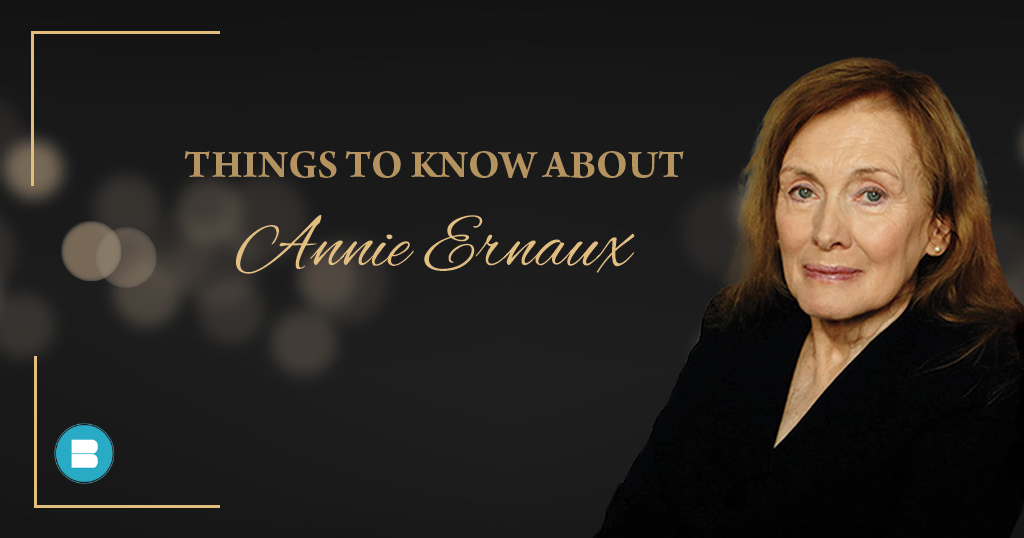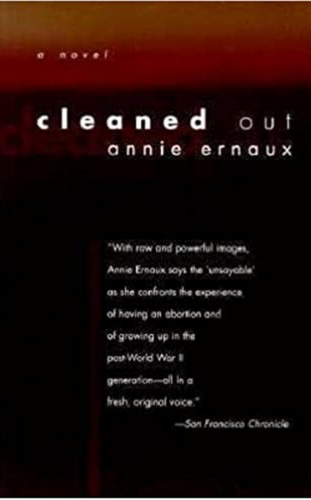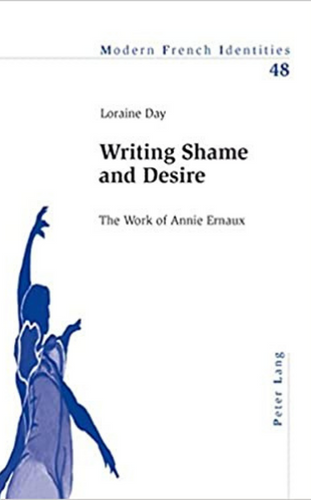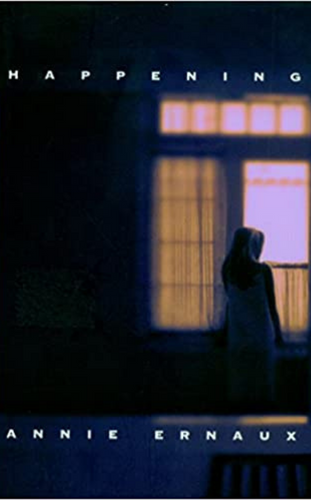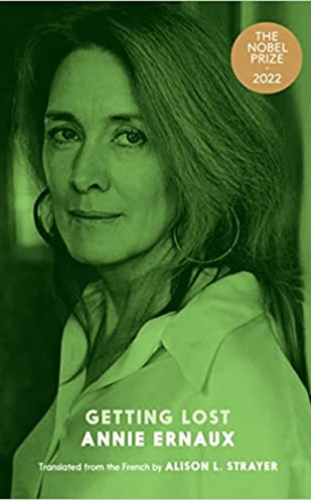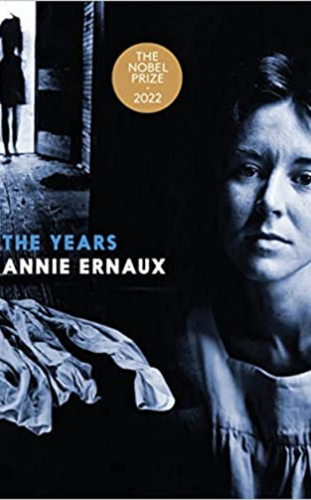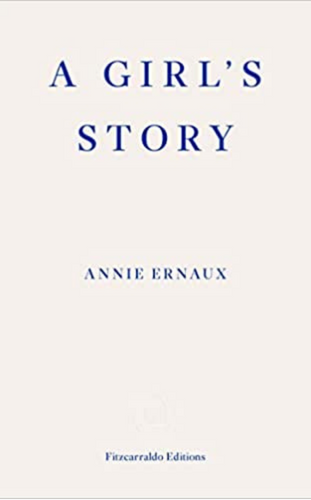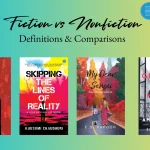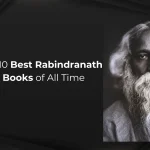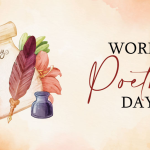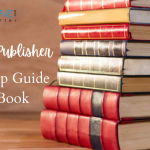There are all types of writers in this world – some are known for their writing style, some are known by their thoughts and opinions, some are known because of their quality content, while some are known because of their characters. But not everyone leaves their imprints on your mind, Annie Ernaux, however does.
Read: Book Review: #Healthunlimited a Book by Chef Shipra Khanna
Ernaux is just the 18th woman Nobel laureate in literature and the first French woman to receive the honour. The academy praised her “for the courage and clinical acuity with which she uncovers the roots, estrangements and collective restraints of personal memory”. Ernaux was born in 1940 and raised in Yvetôt, Normandy.
Annie Ernaux is the only child of working-class parents who managed a cafe-cum-grocery, and her childhood was marked by class conflicts both inside and outside the family home. Ernaux received her secondary education at a private Catholic girls’ school, which exacerbated socioeconomic divisions between her and her parents, particularly her father.
She grew up in a socially divided society made her ashamed of some allegedly disagreeable aspects of her childhood. Her childhood memories are filled with growing up in a working-class culture, music, and alluring romance novels from her mother’s collection. With her immense interest in classic French texts, she studied literature at Rouen university and became a secondary school teacher. In college, she penned her first novel.
Publishing Houses, however, rejected it because it was “too ambitious,” she told the New York Times’ Laura Cappelle in 2020. She didn’t pick up a pen again until she was in her 30s, married with two children.
Read: Get to know what are the main elements of creative writing.
In 1970s, she turned her professional path to becoming a full-time writer. As a writer, she realised that neither the French literature she read at home nor the schools she learned and later taught in mirrored her daily life. As she dived more and more in the life of being a writer, Ernaux adopted the writing style that has been synonymous with her, known as “l’écriture plate” (literally “flat writing”).
Her literary approach often includes self-reflexive remarks in which she discusses the difficulties she confronts in transforming lived experiences into literary form. Her success stems in part from her transparency and sense of writer-reader connection. Her bravery in examining and deconstructing general preconceptions is mirrored in the subject of her work.
Read: Here’s a list of Top 10 Online Dictionaries of all time.
Annie writes on a variety of taboo subjects, such as her backstreet abortion (Cleaned Out and Happening, which was recently adapted into a film), sexual intimacy and consent issues, breast cancer, and her deceased sister (L’Autre Fille).
Mentioned below are some of Annie Ernaux best works –
It was Annie’s first book, a novel about a young woman who’s life mirrored with Ernaux’s as she has an illegal abortion while reflecting on her childhood and the decisions she made.
Shame presents the compelling narrative of the twelve-year-old girl who would become the author, as well as the one horrible experience that will haunt her for the rest of her life. With the emotionally rich voice of great literature and the scientific eye of a diamond, Annie Ernaux presents a striking reflection on experience and the ability of violent memory to endure through time and affect one’s life direction.
This story is all about Annie’s own story. She was a single 23-years-old who learnt about her pregnant in 1963. She felt shameful; she knew the fact that she couldn’t keep the child as it would affect her family both financially and socially.
Getting Lost is Annie Ernaux’s diary during the year and a half she spent having a covert love affair with a younger, married man, an attaché to the Soviet embassy in Paris. It’s a poignant portrait of a woman caught between love, desire, and despair.
This was Ernaux’s breakthrough novel for many readers outside of France, and it was nominated for the International Booker Prize. It is also an autobiographical generational chronicle of postwar France.
In this book, Ernaux revisits a fifty-year-old incident, her horrific first sexual encounter and its long-term consequences. Ernaux discusses her 18-year-old self, who was devastated by a meeting with an older man, and how that event shaped her identity as a writer and a woman.
When she found out that she won the Nobel Prize in Literature award, this is what she said – “I am very happy,” she said in French. “I am proud. And that’s it.” And to date she has written over 20 books since the 1970s.

